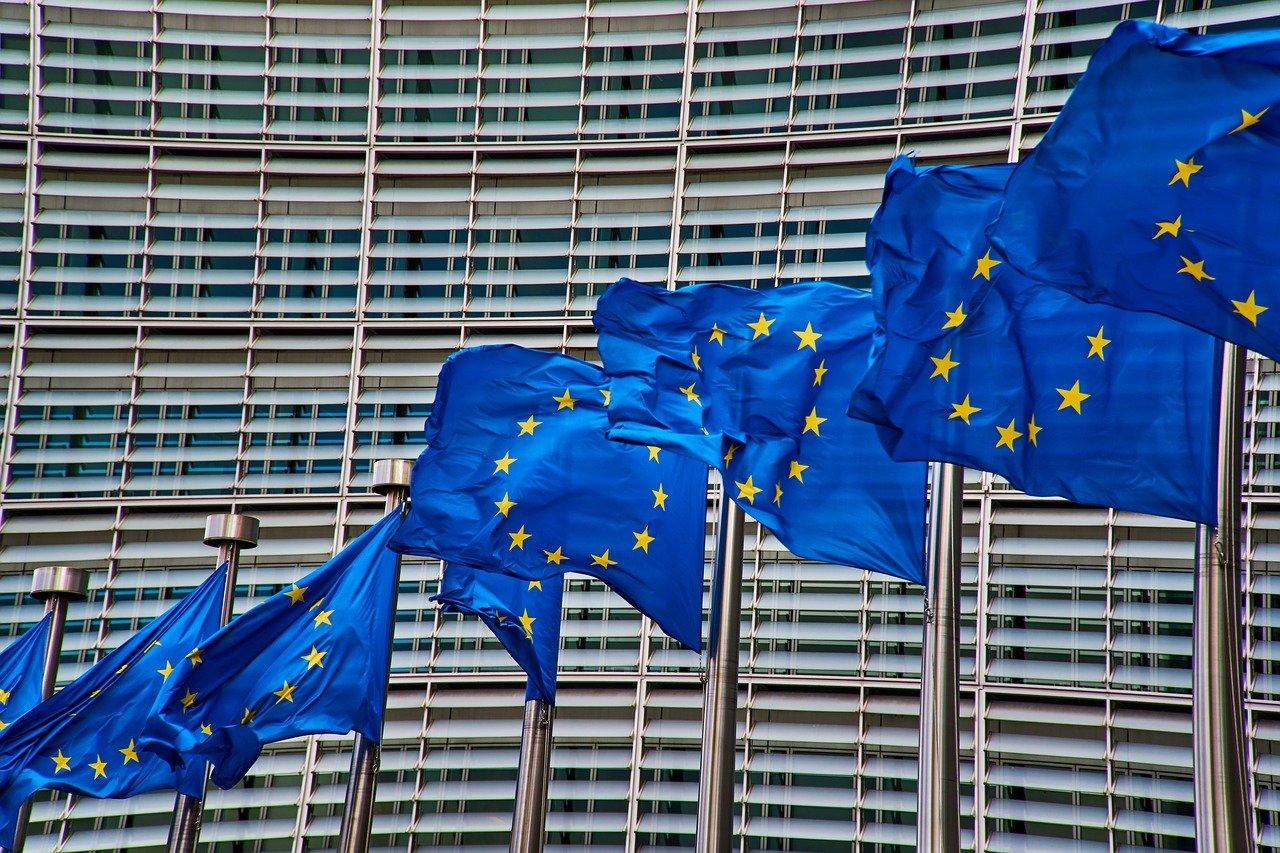blog
worldipreview.com
NPEs: hiding ownership and gaming the system

The lack of transparency around NPEs marks a serious problem for the European patent system, argues Patrick Oliver of IP2Innovate.
Share
Other blogs

Patrick Oliver
SMEs – the unseen victims of patent trolling
As the European Commission turns its attention to helping improve the regulatory environment for SMEs here is a true story about how patent trolls broke the back of a successful small European business.

IP2Innovate
IP2Innovate welcomes Draghi’s call to improve the pipeline from innovation to commercialization
IP2Innovate welcomes the report on EU competitiveness by Mario Draghi published yesterday, and in particular its emphasis on improving innovation.
The in-depth report cements competitiveness and boosting European productivity at the heart of the EU’s political agenda. It calls for Europe to improve the pipeline from innovation to commercialisation.

IP2Innovate
New academic paper calls for targeted reforms of the IP rights enforcement directive to boost European competitiveness
A new academic paper titled Realizing the potential of proportionality in patent enforcement
A case for amending IPRED by professor Rafal Sikorski from Adam Mickiewicz University in Poznan, Poland makes a convincing case for making targeted amendments to the IP rights enforcement directive (IPRED).
IP2Innovate spoke to him and asked why IPRED reform is so important for European competitiveness? Here’s what he said:
“We are aware that patent enforcement, especially injunctive relief, can be leveraged by patent holders to obtain excessive royalties. Users innovate with their products but find there may be a patent in a small part of the product, one that may even have come from a component supplied by a third party. This is frequently the case with complex tech products.
Clearing up these patent issues is both time consuming and costly and in some cases – that is when patent applications have just been filed by patent holders but not yet published – simply impossible”. Professor Sikorski said.
“This impacts competitiveness because it can result in products being removed from the market. The injunction creates a barrier to entry and that stifles competition It deprives the market of competition, and it denies consumers the ability to buy these products.
“Products have been barred from sale in Europe due to patent disputes. It has happened in the mobile phone sector, laptops, cars. Even a temporary injunction has a very negative effect on a firm’s business.
“Mario Draghi’s report on how to restore European competitiveness has been interpreted by some patent owners as a call for strengthening patent enforcement. However, I would argue that Europe must have a more flexible system. Ensuring healthy innovation and competitiveness requires more than just rigid enforcement. It also needs flexibility to address concerns in individual cases.”
